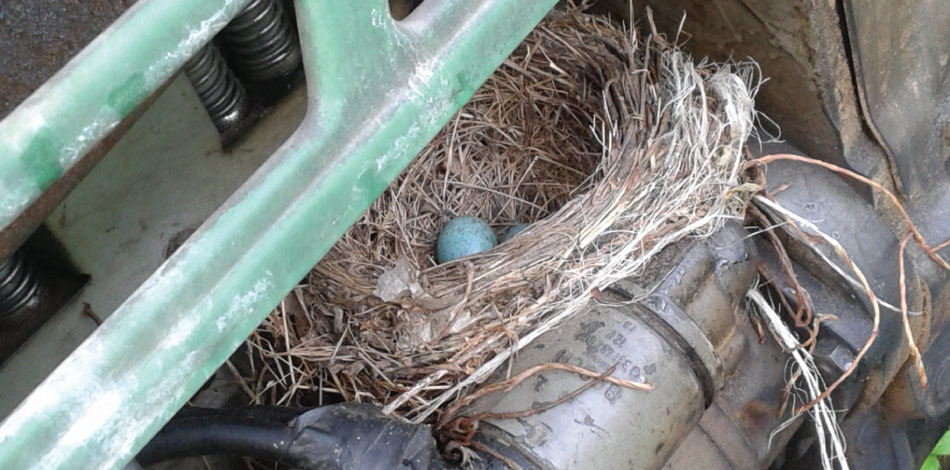What we cover
Methamphetamine (meth) is unfortunately a widespread problem in New Zealand. Data from the New Zealand Police’s National Wastewater Testing Programme Quarter 1 2019 indicates meth is the most commonly detected illicit drug nationwide with approximately 16kg consumed on average each week which translates to over $1 billion in social harm annually.
Meth isn’t localised to metropolitan areas. Farmers are also affected by this scourge and need to be aware of what their policy covers, their requirements as a landlord and warning signs to be aware of.
The use of meth on a farm compromises its safe operation due to an increased likelihood of accidents, explosion, and fire. If you suspect meth is being smoked in a farmhouse/cottage (or other property) look out for a metallic taste in the mouth after being in the property. Physical signs of meth use are: increased physical activity, elevated body temperature, dilated pupils, sweating, tremors, headaches, and sleeplessness; unpredictable and violent behaviour; and paranoia and depression.
If you fear meth is being manufactured on your property, look out for unusual ammonia or solvent smells, chemical staining of benches, sinks, linings, appliances, and around drains; increased activity – especially at night; windows inside the property covered in tin foil or plastic; numerous broken lightbulbs; gas cylinders, plastic, and glass and chemical containers lying around the property; and dead or dying vegetation/lawns in outdoor areas.
Manufacture or use of meth is illegal and dangerous. If you suspect a meth contamination the first thing you should do is notify the Police. After contacting the Police, contact your broker as soon as possible, they can advise on next steps and provide a list of NZI’s recommended testing suppliers.
By law, farm worker houses/cottages (and other tenanted properties) need to be decontaminated before they are re-let. NZI’s Home and Landlord Insurance provides cover for contamination to your home, farm employee accommodation and landlord’s contents from both the manufacture and use of meth with some terms and conditions applying.
The best way to protect your farm and farm accommodation from meth is robust tenant vetting and regular inspections, which are also necessary to meet terms of cover for decontamination.
" It’s important farmers who also act as landlords are alert to the signs of meth use and manufacture and know what is covered under their policy and what their obligations are to ensure cover.
Farmers have obligations as landlords to meet terms of their insurance cover, some of these are:
It’s important farmers who also act as landlords are alert to the signs of meth use and manufacture and know what is covered under their policy and what their obligations are to ensure cover.


